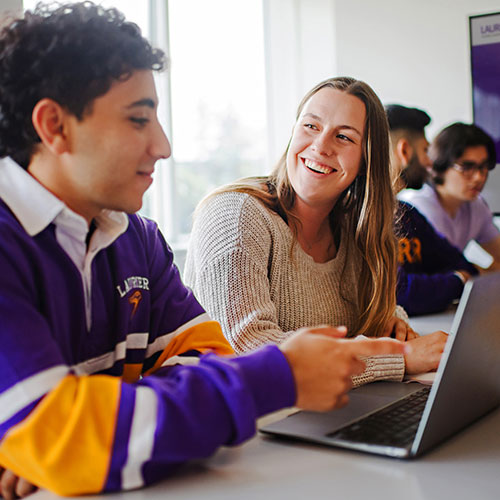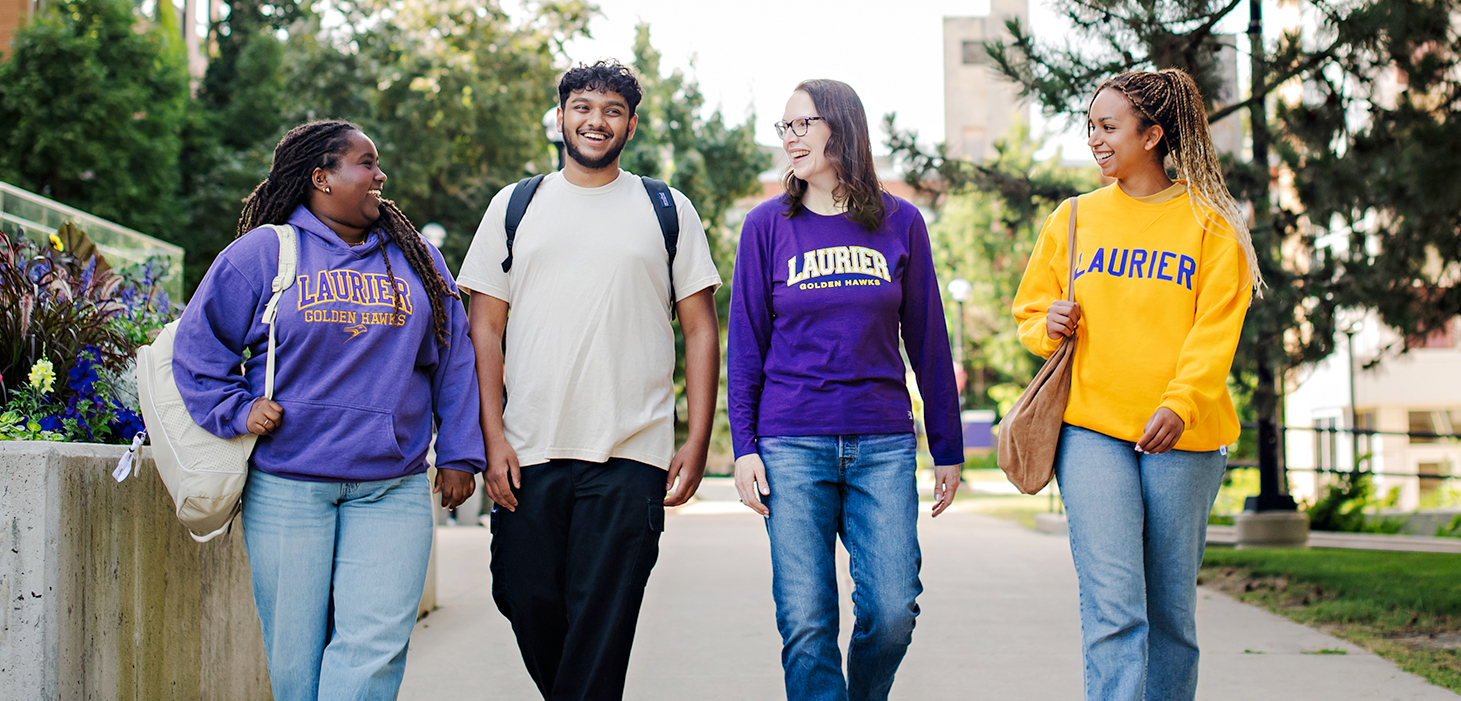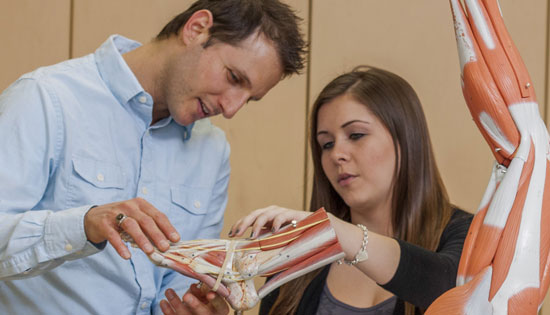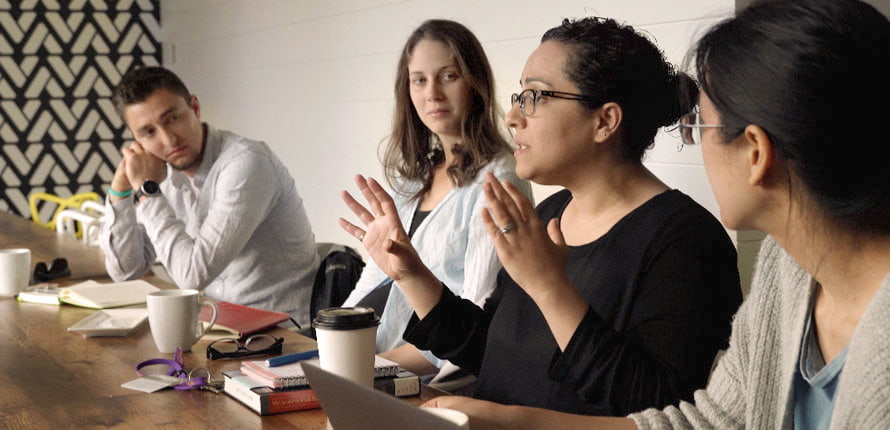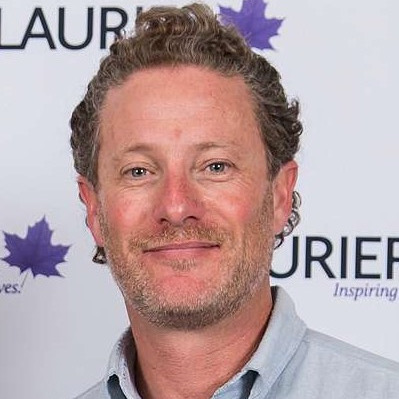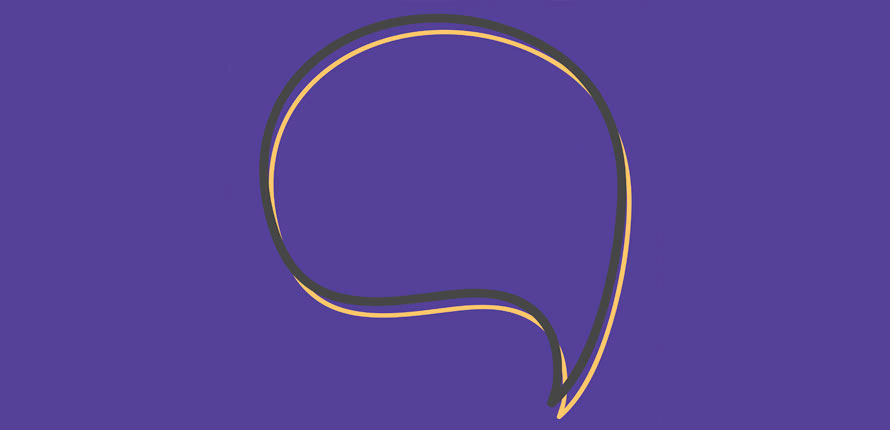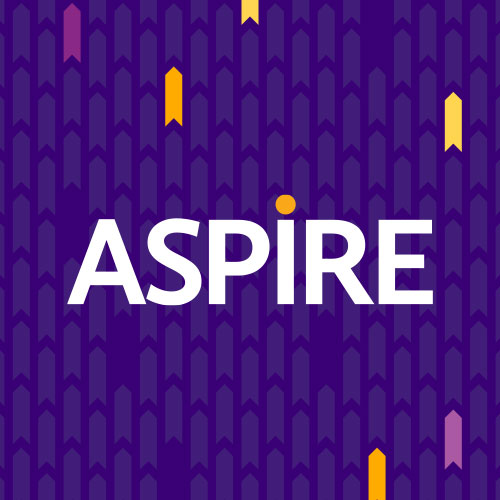Program Options
This program is normally completed in two years (six consecutive terms). You will complete three and a half credits, including a master’s thesis.
To graduate, you must obtain a grade of B- in all graduate courses, with an overall average of B.
In your first year of the program, you’ll take KP601: Seminar in Kinesiology I; and KP622: Research Design in Kinesiology. In your second year, you’ll take KP611: Seminar in Kinesiology II.
You’ll also choose one elective course, and an approved half credit course with a methodological/analytical focus depending on your interests and the focus of your research.


